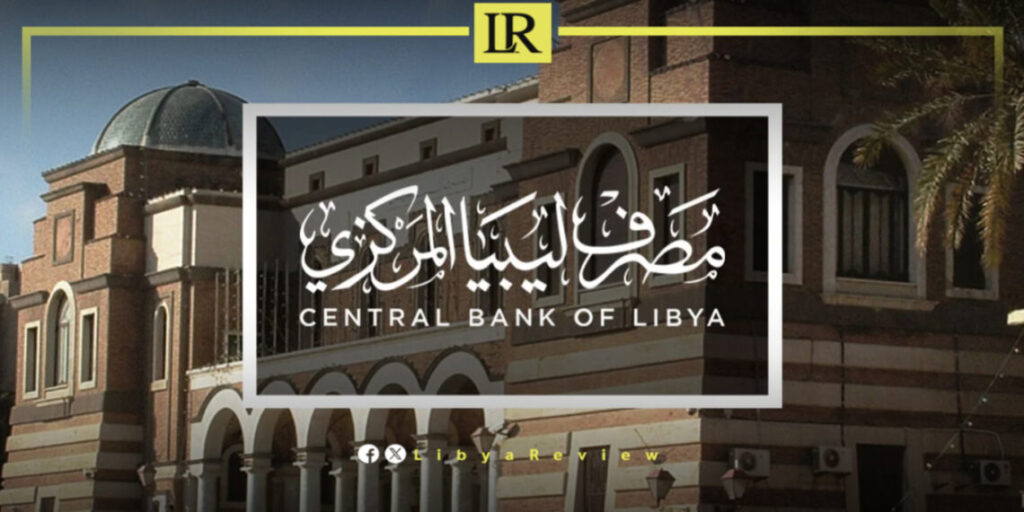The National Committee for Combating Money Laundering and Terrorist Financing at the Central Bank of Libya issued a statement on Wednesday stressing the importance of customs disclosure for citizens and travellers passing through Libyan border crossings.
The committee reminded the public that the requirement stems from Decision No. 6 of 2018, which outlines the financial limits that must be declared when leaving or entering the country. According to the regulation, individuals may carry up to 200 Libyan dinars in cash and up to 10,000 US dollars, or the equivalent in other foreign currencies, without the need for disclosure. Amounts exceeding these thresholds must be declared by completing a customs form and presenting it to the authorised officer.
The statement underlined that disclosure is not a mere formality but a legal obligation designed to protect travellers and their assets. Failure to declare could result in the confiscation of funds by transit or destination countries, exposing individuals to serious financial and legal risks.
Officials highlighted that compliance with these procedures helps safeguard citizens while also strengthening national economic security. By ensuring greater transparency, the process supports Libya’s wider efforts to curb money laundering and combat terrorist financing.
The Central Bank urged all travellers to familiarise themselves with the rules before leaving the country. It stressed that strict adherence to the disclosure system would protect individuals from potential losses and reinforce Libya’s standing in international financial cooperation.
Observers say the renewed emphasis on financial disclosure comes amid heightened global scrutiny of illicit financial flows. Libya, like other countries, is seeking to balance open travel with tighter regulations to prevent criminal exploitation of its financial system.


